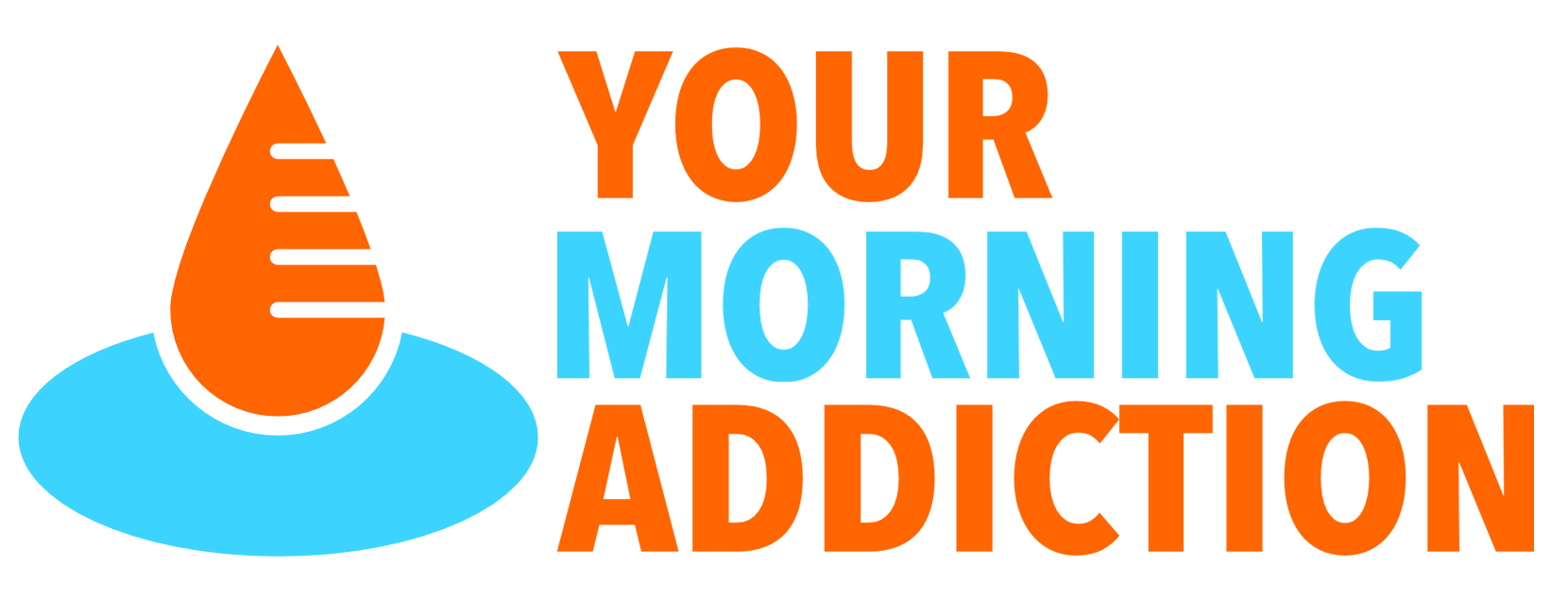
Does Plague Come from Coffee? Separating Fact from Fiction
Coffee has a rich and complex history, with origins dating back centuries and myths as unique as the drink itself. However, one curious question sometimes arises: could coffee be linked to the plague, or is this just another myth? In this article, we’ll explore the origins of this idea, examine any historical connections, and clarify the relationship between coffee and disease.
Understanding the Origins of the Coffee-Plague Myth
The idea that coffee could be linked to plague likely originates from misunderstandings or myths related to disease and the history of coffee. Coffee originated in Ethiopia and spread through the Arab world, eventually reaching Europe in the 17th century. Interestingly, this spread of coffee coincided with outbreaks of plague in Europe, and some people associated the arrival of foreign products with disease. However, no historical records or scientific evidence support the idea that coffee was ever responsible for causing or spreading plague.
Coffee’s History and Cultural Impact
To understand why coffee was viewed with suspicion, it’s essential to look at the cultural context of coffee’s introduction to Europe. Coffee was often seen as an “exotic” drink, brought by traders from the Middle East, and its effects on energy and alertness were unfamiliar to many. When plague outbreaks occurred, some people suspected that imported goods, including coffee, might carry disease.
For more on coffee’s journey to Europe, read about coffee’s history.
Debunking the Myth: Coffee and Disease
Today, we know that coffee doesn’t carry plague pathogens. Plague is caused by the bacterium Yersinia pestis, typically transmitted through fleas and infected animals, particularly rodents. Coffee beans are plant-based products, grown on trees and harvested from coffee cherries, so they don’t come into contact with plague-carrying organisms in their natural environment.
The Science Behind Disease Transmission
Plague cannot survive on surfaces like coffee beans. Yersinia pestis bacteria are sensitive to environmental conditions and can’t survive long without a host. Additionally, modern coffee production involves several processes, including drying, roasting, and packaging, that eliminate any possibility of harmful pathogens remaining on coffee beans. Roasting temperatures, for example, reach levels high enough to kill bacteria, ensuring that coffee beans are safe to consume.
For more information on how plague is transmitted, see the CDC’s page on plague transmission.
The Real Health Benefits and Risks of Coffee
While coffee isn’t linked to the plague, it’s still worth understanding both its benefits and potential risks. Coffee is rich in antioxidants, which can help protect cells and reduce inflammation. Studies have shown that coffee consumption may support heart health, boost cognitive function, and even reduce the risk of certain chronic diseases.
However, like any food or beverage, coffee should be consumed in moderation. Excessive caffeine intake can lead to side effects like anxiety, insomnia, and digestive issues, so balance is essential.
For more on coffee’s health benefits, explore this research summary on coffee and health.
Myths and Misconceptions Around Coffee
The idea of coffee causing plague is just one of many myths associated with the drink. Other common misconceptions include:
- Coffee Stunts Growth: No scientific evidence supports this claim. Caffeine affects people differently, but it doesn’t impact growth.
- Coffee Causes Dehydration: While caffeine is a mild diuretic, coffee still contributes to daily hydration.
- Dark Roast Has More Caffeine: In fact, light roasts tend to have slightly more caffeine than dark roasts.
For more on coffee myths, check out this myth-busting guide.
Why Myths Like These Persist
It’s common for myths to arise around unfamiliar foods, especially when they come from different cultures. In the 1600s, coffee was still a novelty, and there was little understanding of disease transmission. The fear of the unknown often leads to misconceptions, and coffee wasn’t exempt from scrutiny. With the advancements in science, we now know that coffee doesn’t pose any risks related to plague or disease transmission.
Final Thoughts: Enjoy Your Coffee Worry-Free
To answer the question, “Does plague come from coffee?” – absolutely not. While coffee’s arrival in Europe may have coincided with historical outbreaks, it has no connection to causing or spreading plague. Today, coffee is enjoyed by millions worldwide and offers a variety of health benefits when consumed in moderation. Next time you sip your coffee, you can enjoy it with the confidence that it’s both safe and beneficial.
In the world of coffee, myths and legends are common, but science clears up any concerns about health and safety. So go ahead and enjoy that next cup, knowing it’s just a delicious brew without any plague-related risks.
